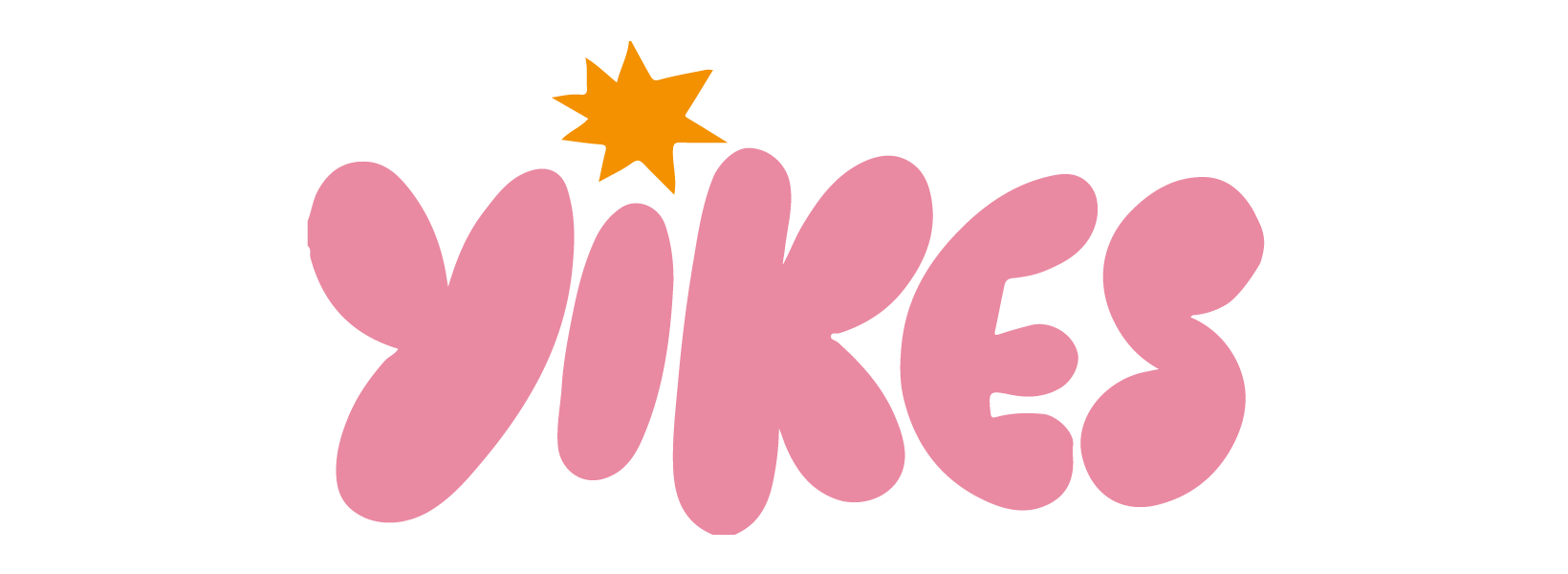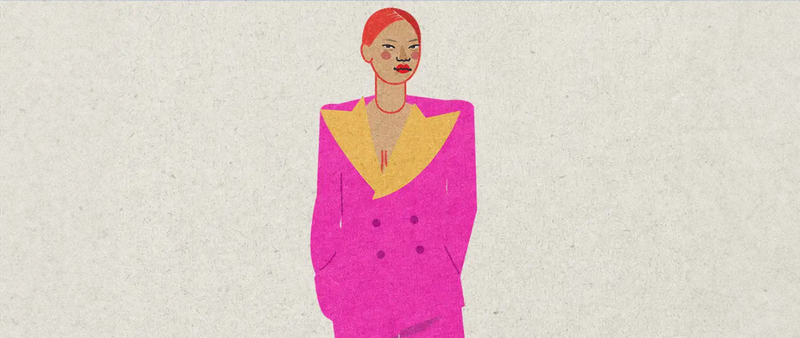While browsing the internet, you will certainly come across “yikes”. This little word made of just five letters is practically everywhere. At a certain point everybody started to use it, regardless of their age, gender or political vision. “Yikes” is loved as much by Gen Z activists as by old, conservative politicians: it is a concept that cuts across society, from high school classrooms to government departments. This is indeed extremely fascinating but… what does this word mean? And where did it come from?
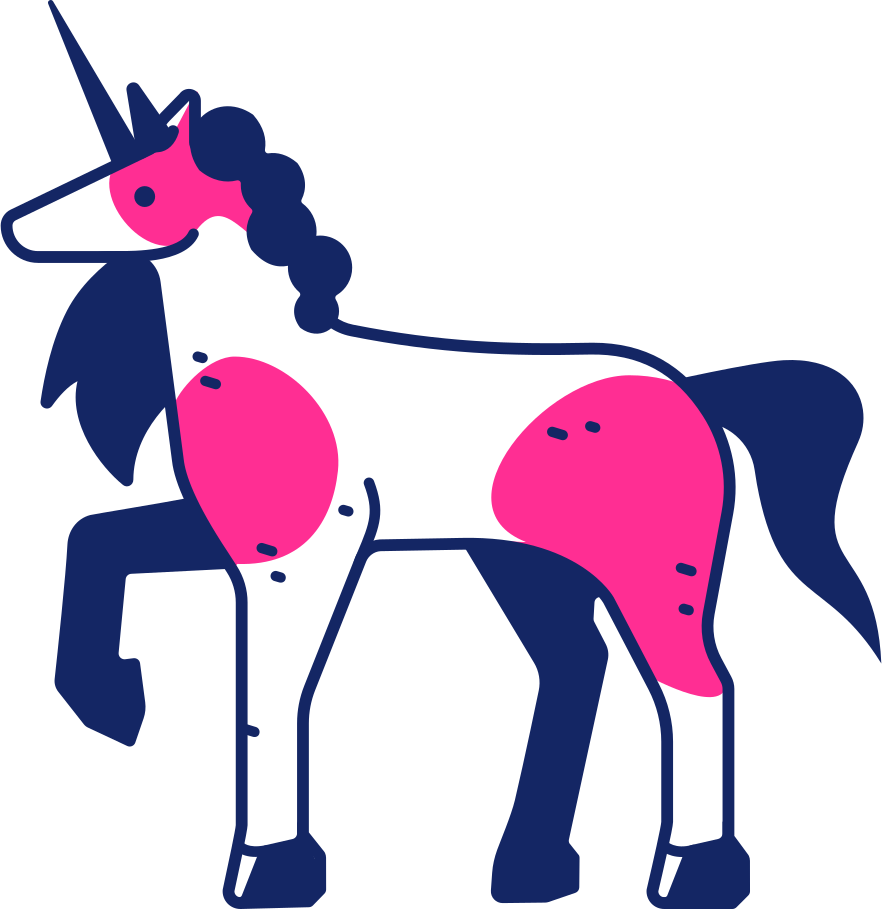
Meaning
Let’s start with the basics. “Yikes” is an interjection, “a word or phrase with no particular grammatical relation to a sentence, often used to express an emotion”. Therefore, “yikes” belongs to the same category of words as “alas”, used to express sorrow, regret, compassion, grief; or “ehm”, employed when one has to express perplexity. At this point the question is: when and how “yikes” has to be used? What types of emotions does it help us to express?
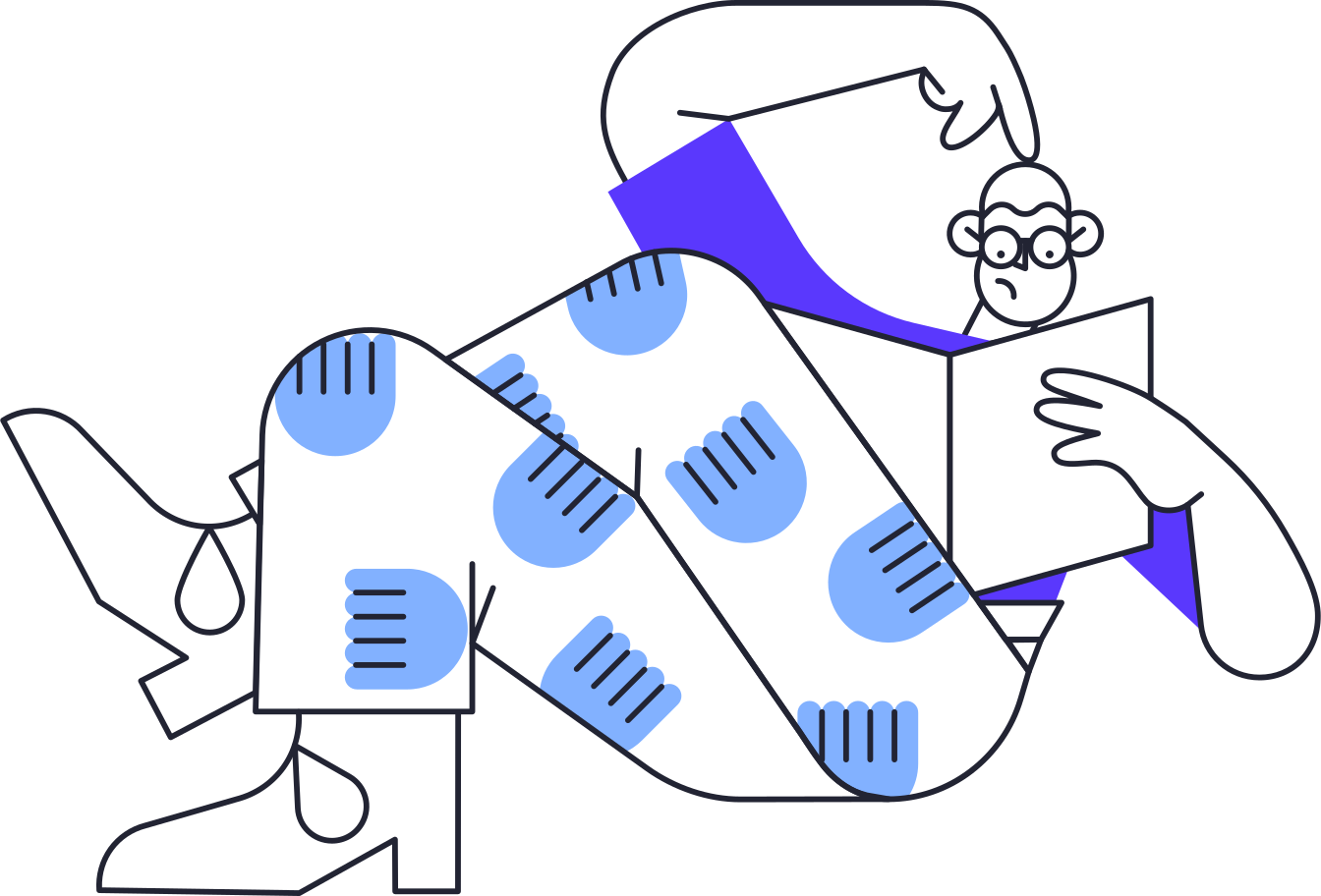
According to Cambridge Dictionary, you should use “yikes” when you are “worried, surprised or shocked”. For Merriam-Webster, the interjection indicates “fear or astonishment”. The Online Slang Dictionary, focused on American English and urban slang, declares that yikes is employed to express surprise, especially for “shocking, weird or uncouth surprise”; it also adds that “yikes” is above all used as “an exclamation elders tend to use around children instead of ‘crap’ or ‘damn’”. Finally, Urbandictionary, thanks to its typical not too subtle irony, goes straight to the point and defines “yikes” as “a reaction to everything”.
Currently, on Ludwig, there are sixty attestation for “yikes”. For fairly obvious reasons, the term never appears in scientific journals or encyclopaedias. Rather, “yikes” is mainly used by newspapers, such as The New York Times, The Guardian or The New Yorker, and if we analyse the context in which the term is employed, we can easily ascertain that, in most cases, it occurs in interviews, a literary genre which is more prone to testify the actual language in use, or in articles focused on infamous celebrities tweets that caused scandal (this should be established as a literary genre too). In other words, within this kind of source, “yikes” is mainly used when a journalist has to transcribe the words spoken by a certain person. Here you are some examples:
She added: "Yikes, I am being reported to Channel 4 and the BBC. In a moment I will be forced to read the Labour manifesto and subscribe to the Guardian."
Source: “Katie Hopkins apologises for timing of tweet about Scottish life expectancy”. The Guardian, 2014.
Someone asked me, "What side of the bed does the president sleep on?" I'm like, Yikes, I don't know if I know that.
Source: "Obama’s First Term: A Romantic Oral History". The New York Times Magazine, 2013.
Lora Hooper, an associate professor of immunology and microbiology at the University of Texas Southwestern Medical Center, who follows the Paleo diet, heavy on meat, exclaimed, "Yikes!" The study does not mean that red meat is entirely bad or that it is best to avoid it entirely, said Dr. Hazen, the lead researcher.
Source: "Culprit in Heart Disease Goes Beyond Meat’s Fat". The New York Times. 2013.
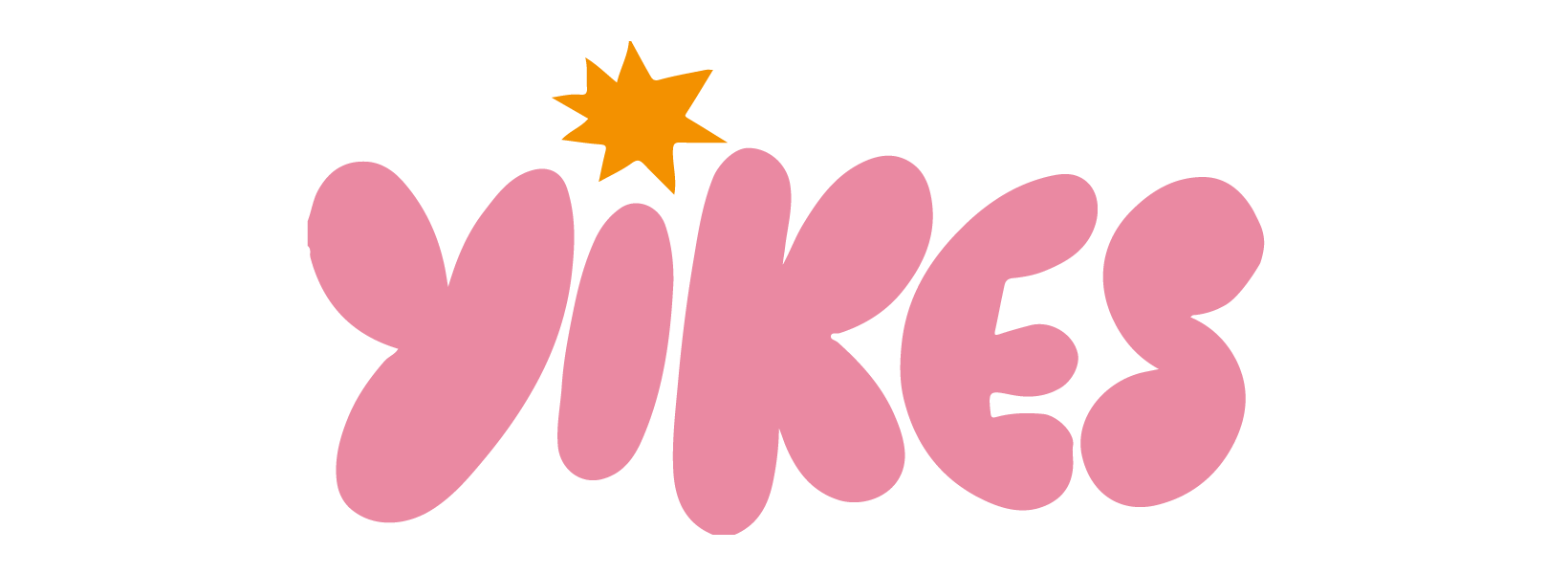
On the other hand, it should also be noted that in more recent times, “yikes” has begun to be employed also in editorial pieces aimed at narrating moments of everyday life. For example, in a captivating article written by Emily Flake, her personal experience of giving birth is described in the following way:
· “The baby was coming face-up. This is not nearly as worrisome as a butt- or feet-first baby, nor as awful as that thing where their head gets jammed to the side and they’re somehow coming … neck-first? Yikes — but it does make the whole process a bit more difficult. There was an awful lot of pushing. I moaned piteously for ice.”
Source: "Here’s How It Went When I Had the Baby". The New Yorker, 2015.
Origin and History
Yikes is not a neologism recently arisen among young people. Rather, it is an old word, someone would say even ancient. Like many other interjections, it belongs more to spoken language than to official written documents, so it is difficult to trace its history. Most likely, it derives from “yoicks”, an exclamation employed by hunters during the 18th century to encourage dogs to chase their (poor) prey, and subsequently employed as an interjection to express excitement.
According to Google Books Ngram Viewer, the first sporadic written attestations of “yikes” would date back to the middle of the 19th century. Only starting from the ‘80s of the 20th century there is an abrupt hike (not yikes) in popularity. It’s not a surprise tha Mashable has even declared “yikes” the most popular word of 2019.
In this regard, it is definitely noteworthy a vintage advertisement about a pencil brand called “Yikes”, that evidently had the power of transforming you into the cooler version of yourself:
As shown by Google Trends, the word has reached a peak in popularity between 2018 and 2021, probably thanks to social media, whose users are more inclined in employing the typical words of the everyday language.
It must also be highlighted that the release of the single “Yikes”, by the famous rapper Nicky Minaj, occurred in February 2020 (see that spike on the graph), may have had a role in further increasing the searches for the term on Google. It wouldn't be the first time a song or a picture have contributed to make an expression popular.
Ludwig’s wrap-up
Feel free to use “yikes” when you are chatting with your friends or for your tweets. It is also OK to use it when you are writing about real life stories: if used well, “yikes” can indeed add realism to your piece. You can use it as much as you like if you are Nicki Minaj but, unless you are a linguist working on the word “yikes” itself, I strongly advise you not to use this term in a scientific article. Otherwise, “yikes!” will be the first word you will say, once you get the reviews of your work!



